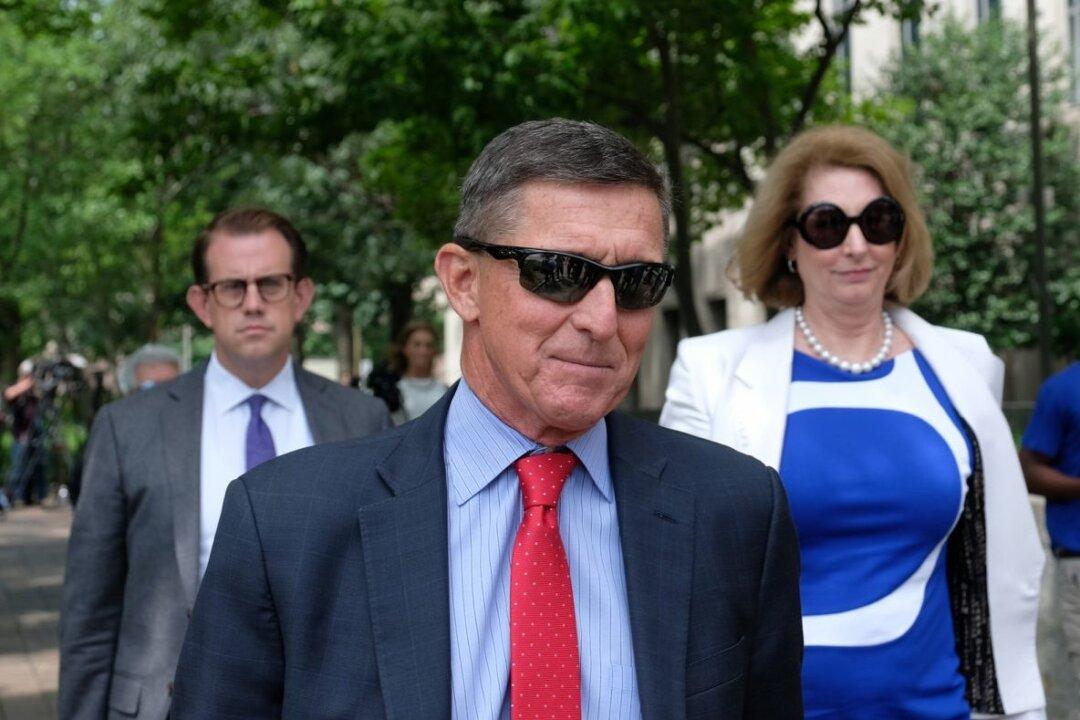Attorneys for former National Security Adviser Michael Flynn on Aug. 30 accused prosecutors of hiding exculpatory evidence in a lawsuit against Flynn. Flynn’s team asked the judge to find the prosecutors in contempt of a standing court order, which would lead to the prosecutors’ dismissal from the case.
“They continued to hide that exculpatory information for months—in direct contravention of this Court’s Order—and they continue to suppress exculpatory information to this day,” Attorney Sidney Powell wrote in a motion to compel the production of the exculpatory evidence.





